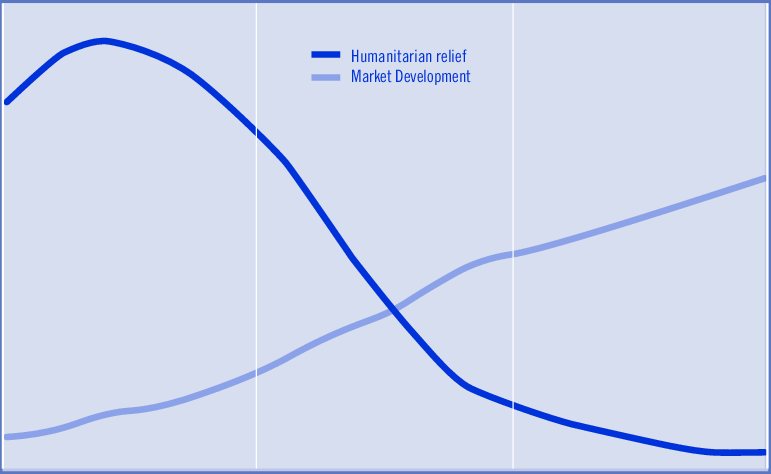Altruistic behavior is common throughout the animal kingdom, particularly in species with complex social structures. For example, vampire bats regularly regurgitate blood and donate it to other members of their group who have failed to feed that night, ensuring they do not starve. In numerous bird species, a breeding pair receives help in raising its young from other ‘helper’ birds, who protect the nest from predators and help to feed the fledglings. Vervet monkeys give alarm calls to warn fellow monkeys of the presence of predators, even though in doing so they attract attention to themselves, increasing their personal chance of being attacked. In social insect colonies (ants, wasps, bees and termites), sterile workers devote their whole lives to caring for the queen, constructing and protecting the nest, foraging for food, and tending the larvae. Such behavior is maximally altruistic: sterile workers obviously do not leave any offspring of their own—so have personal fitness of zero—but their actions greatly assist the reproductive efforts of the queen. From a Darwinian viewpoint, the existence of altruism in nature is at first sight puzzling, as Darwin himself realized. Natural selection leads us to expect animals to behave in ways that increase their own chances of survival and reproduction, not those of others. But by behaving altruistically an animal reduces its own fitness, so should be at a selective disadvantage vis-à-vis one which behaves selfishly. To see this, imagine that some members of a group of Vervet monkeys give alarm calls when they see predators, but others do not. Other things being equal, the latter will have an advantage. By selfishly refusing to give an alarm call, a monkey can reduce the chance that it will itself be attacked, while at the same time benefiting from the alarm calls of others. So we should expect natural selection to favour those monkeys that do not give alarm calls over those that do. But this raises an immediate puzzle. How did the alarm-calling behaviour evolve in the first place, and why has it not been eliminated by natural selection? How can the existence of altruism be reconciled with basic Darwinian principles? Dolphins
Related Articles
What really matters in this century
discovering the book of Doug Sanders «Arrival City»
The trillions of collaboration
integrating sustainability into capital markets
Are you confused from so much "green"?
Mitch Hedlund and the common interests of Americans
starting from victorian London
and some valuable information about black cats
Aspiring radical green activist?
you may want to know the work of the Sierra Club
What can ally 140 governments?
the Global Partnership for Oceans
In his contribution to OLBIOS, Christopher Hoffman shows how some simple calculations can pave the way for change in how the UN and NGOs operate.
Even David Cameron was impressed
Nigel Lowthrop and the off the grid living
Have you had a TaTuTa or a WWOOfing experience?
linking farmers with volunteers
![]()
STAY IN TOUCH
SUBSCRIBE TO OUR NEWSLETTER
AND RECEIVE OUR LATEST STORIES










